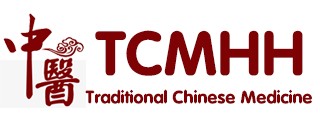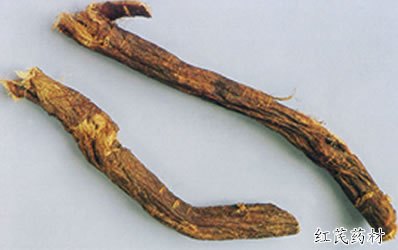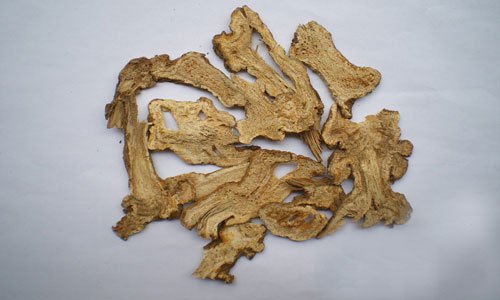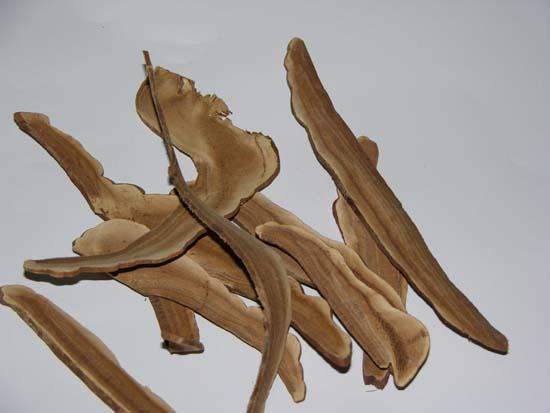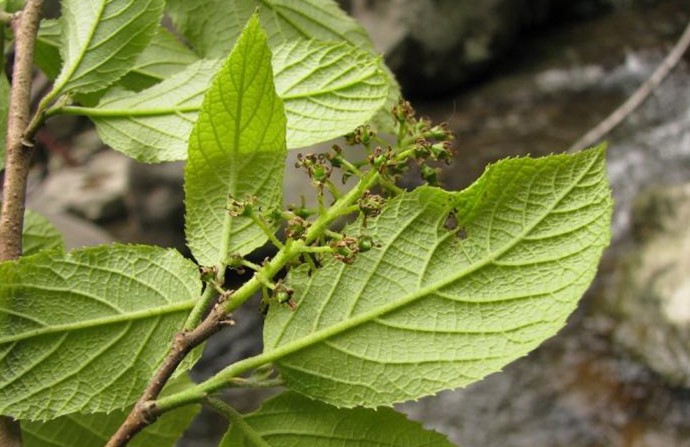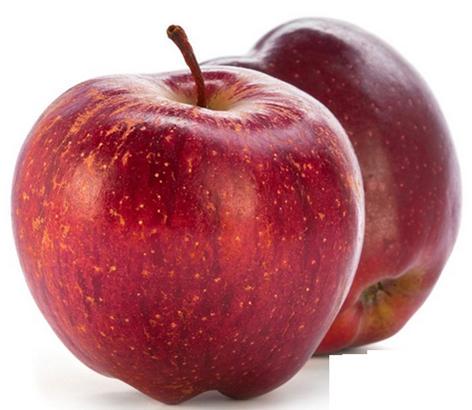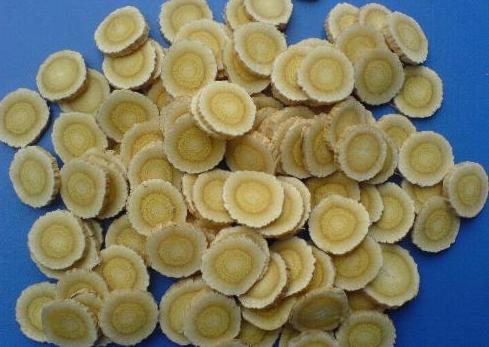
Naming
Huang Qi (Radix Astragali)——Shen Nong Ben Cao Jing (Shen Nong’s Herbal)
The Processing of Radix Astragali
Origin
The root of the perennial herbaceous plant Astragalus membranaceus (Fisch.) Bge. var. mongholicus (Bge.) Hsiao or A. membranaceus (Fisch.) Bge. of family Leguminosae.
Location
Mainly produced in Inner Mongolia Autonomous Region, Shanxi and Heilongjiang provinces in China. The one produced in Inner Mongolia Autonomous Region is better.
Harvest
Plucked in spring and autumn.
The actual smell and taste
Slight smell and sweet, with legumes flavor when chewed.
Best quality
Coarse and straight long root, white-yellow cross section, rich powder, sweet.
Processing
Sliced, unprocessed or stir-baked with honey.
The Effect of Radix Astragali
Property
Sweet, warm; lung and spleen meridians entered.
Actions
Tonify qi, raise yang, tonify defensive aspect to secure superficial, relieve edema through diuretic, dispel toxin to promote skin generation, nourish blood.
Indications
A. Syndrome of spleen-lung qi deficiency
It is a key qi tonic due to its fine action of tonifying spleen and qi. For shortness of breath, fatigue, poor appetite and loose stool due to spleen deficiency, it is combined with qi-tonifying and spleen-invigorating herbs, such as Ren Shen and Bai Zhu. It can treat both the root and branch of sinking of middle qi due to its raising yang qi action. For chronic diarrhea, prolapse of anus and internal organs, it is combined with qi-tonifying and yang-raising herbs. For instance, it is used with Ren Shen, Sheng Ma and Chai Hu in Bu Zhong Yi Qi Tang from Pi Wei Lun. For bleeding syndromes due to spleen deficiency and failure spleen to control blood, or yang exhaustion due to metrorrhagia, blood prostraction caused by sinking of middle qi, it can control blood flowing in vessels through tonifying qi, and it is combined with qi-tonifying, blood-controlling and yang-raising herbs. For instance, it is used with Ren Shen and Bai Zhu in Gui Pi Tang from Ji Sheng Fang, and it is also used with Ren Shen and Sheng Ma in Ju Yuan Jian from Jing Yue Quan Shu. It is also indicated for wasting-thirst due to spleen deficiency and dysfunction of fluid transportation, because it can tonify qi, raise yang and promote fluid transportation, and it is combined with yin-nourishing, fluid-producing and thirst-checking herbs. For instance, it is used with Tian Hua Fen and Ge Gen in Yu Ye Tang from Yi Xue Zhong Zhong Can Xi Lu.
It is indicated for chronic cough and dyspnea, shortness of breath and mental fatigue due to lung deficiency, because it can tonify lung qi. Because it can not relieve cough and dyspnea, it needs to be combined with cough and dyspnea-relieving and phlegm-dispelling herbs, such as Zi Wan, Kuan Dong Hua and Xing Ren. For chronic cough and dyspnea, shortness of breath and mental fatigue due to lung and kidney deficiency, it is combined with lung and kidney tonics, qi reception-improving and dyspnea-relieving herbs, such as Ren Shen and Ge Jie.
B. Syndrome of spontaneous sweating due to qi deficiency
It is a commonly used herb for deficiency sweating syndrome, because it can tonify qi of lung and spleen, strengthen superficies to check sweating. For insecurity of defensive qi, exterior deficiency and spontaneous sweating due to spleen and lung deficiency, it is combined with sweating-astringing herbs. For instance, it is used with Mu Li and Ma Huang Gen in Huang Qi San from Sheng Ji Zhong Lu. For spontaneous sweating, susceptible to wind pathogen due to superficial deficiency caused by insecurity of defensive qi, it is combined with qi-tonifying, superficial-strengthening and wind-dispersing herbs. For instance, it is used with Bai Zhu and Fang Feng in Yu Ping Feng San from Dan Xi Xin Fa.
C. Blood deficiency syndrome, and syndrome of both qi and blood deficiency
It is indicated for blood deficiency syndrome, and both qi and blood deficiency syndrome, because it can supplement blood through tonifying qi and nourish blood directly. It is used in large dosage and combined with blood tonics. For instance, it is used with Dang Gui in Dang Gui Bu Xue Tang from Nan Shi Mi Cang, or used with other blood tonics.
D. Edema and difficult urination due to qi deficiency
It is a key herb for edema, little urine due to spleen deficiency, dysfunction of transportation, water-dampness stagnation, because it can tonify qi, induce diuresis and alleviate edema. It is commonly combined with spleen tonics, edema-alleviating diuretics. For instance, it is used with Bai Zhu, Fu Ling and Fang Ji in Fang Ji Huang Qi Tang from Jin Kui Yao Lue.
E. Sores and ulcers difficult in bursting, or incurable after bursting
It is commended as ******the most effective herb for sores and ulcers****** because it can dispel toxin to promote skin generation through tonifying qi and blood. It is indicated for middle and latter stage of sores and ulcers. For middle stage of the disease, sores and ulcers difficult in rupture due to qi deficiency with excessive pathogen-toxin which cannot be dispelled; it is commonly combined with qi and blood tonics, heat-toxin-clearing and pus-dispelling herbs. For instance, it is used with Ren Shen, Dang Gui, Sheng Ma and Bai Zhi in Tuo Li Xiao Du San from Yi Zong Jin Jian. For latter stage, ruptured ulcers incurable due to qi and blood deficiency though pathogen-toxin being removed, it is combined with qi and blood tonics, vessels warming and activating herbs. For instance, it is used with Ren Shen, Dang Gui and Rou Gui in Shi Quan Da Bu Tang from He Ji Ju Fang.
Besides, it is indicated for qi deficiency and blood deficiency, hemiplegia, sequela of wind-stroke because it not only activates blood through promoting flow of qi, but also activates blood directly, and it is combined with blood-activating and meridian-smoothing herbs. For instance, it is used with Dang Gui, Chuan Xiong and Di Long in Bu Yang Huai Wu Tang from Yi Lin Gai Cuo. In addition, it can be used for wind, cold and damp arthralgia, chest pain through combinations.
Dosage and Administrations
Decoct 10~15g, 30~60g for large dosage, stir-baked with honey for tonifying qi.
Cautions
It is contraindicated in cases of exterior excess with excessive pathogen, internal obstruction, yin deficiency with yang hyperactivity, early stage of sores and ulcers of excessive pathogen and no deficiency of heathy qi, because it can tonify qi, raise yang and strengthen superficial.
